| This blog explores social attitudes in Jane Austen's time, discusses her novels, reviews forgotten 18th century novels, and throws some occasional shade at the modern academy. The introductory post is here. My "six simple questions for academics" post is here. |
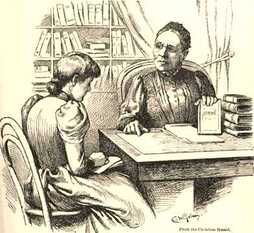 Morally improving
Morally improving The Metropolis received no reviews but if it had, I think the reviewers would have called it a book--to use their phrase--that you could not safely put into the hands of your daughter or sister. It is too detailed in its depiction of vice, and the vices and crimes committed in the book (fornication, gambling, cheating at gambling, highway robbery) are not sufficiently condemned or punished. The Decision (1811), while going over much of the same ground, and in fact including a main character who commits criminal acts, would be safe for a girl to read because it is overtly religious and didactic. A reviewer said: “We trace in these volumes a laudable endeavour to convey as much moral instruction as could be admitted into a work of fancy.” Yes, The Decision is stuffed like a plum pudding with the wholesome raisins of morality. The title refers to the heroine's decision to put her father's wishes ahead of her own, and later, to turn down a fortune in exchange for marriage.
The Decision begins with a long and confessional letter from Charles Arundel to his old friend Mr. Beverly. Arundel married for love but becomes a gambler and a philanderer. At his dying uncle’s bedside, he sees that he’s been cut out of the will, which would lead to his ruin. He destroys the will and even poisons the uncle. He lives with his guilt until later on in life, after he is widowed, he decides to go to the West Indies and meet the young relative whose father was unknowingly cut out of the will.
The mention of the West Indies will bring thoughts of slavery to mind for the attentive modern reader, but there is no mention of slavery or colonial exploitation as a sin or even as a cause of remorse in this book--a book which features many people who do things that they regret, such as marrying for ambition. Once again the West Indies are a plot device to remove the father from the action, so the heroine can live with the Beverly family.
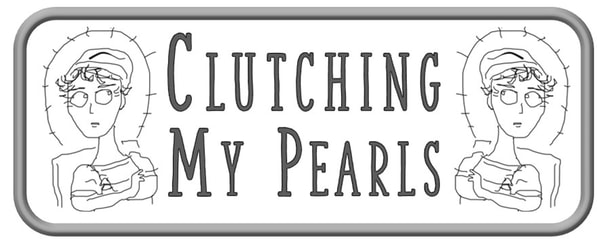
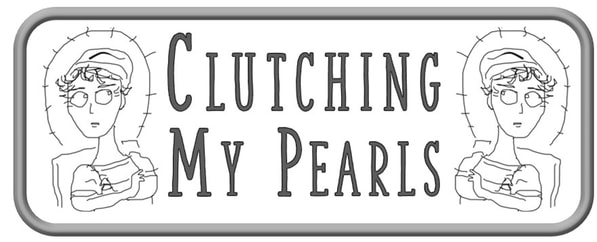
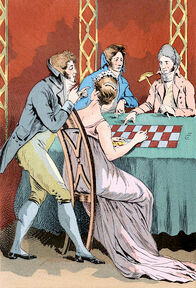
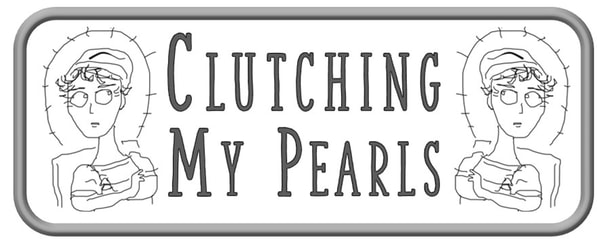
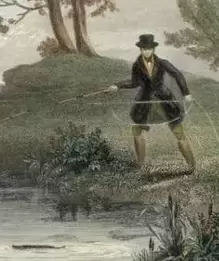
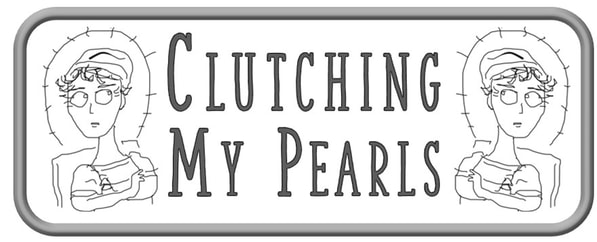
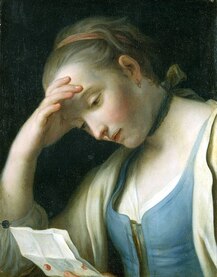
 RSS Feed
RSS Feed